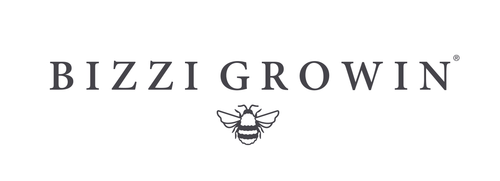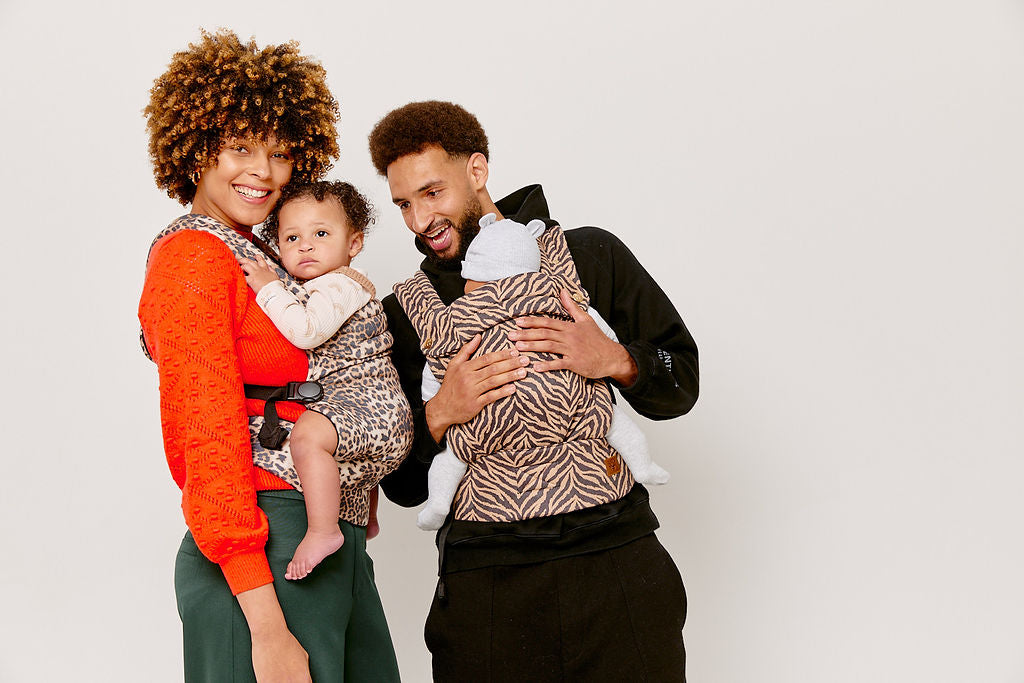In recent years, baby sign language has gained significant popularity among parents in the UK, providing a powerful tool to enhance communication with infants before they develop verbal skills. By using simple hand gestures alongside speech, parents can help babies express their needs, feelings, and thoughts much earlier, reducing frustration and strengthening the parent-child bond.
But why has baby sign language become such a growing trend? And what are the real benefits for both babies and parents? Let’s explore how baby sign language is transforming early communication and why more families are incorporating it into their daily routines.
Why Baby Sign Language is Gaining Popularity in the UK
1. Parents Are Seeking Better Communication with Their Babies
One of the biggest challenges of early parenting is understanding what a baby wants before they can speak. Babies naturally try to communicate through gestures—pointing at objects, waving, or raising their arms to be picked up. Baby sign language builds on these natural gestures, offering parents a way to understand their child’s needs earlier and with more clarity.
2. It Reduces Frustration and Tantrums
Before they develop speech, babies often cry or become upset when they can’t express what they want. Signing provides them with a tool to communicate their needs, leading to fewer tantrums. Studies show that babies who learn sign language are less likely to experience frustration-related meltdowns, as they have an alternative way to make their feelings known.
3. It’s Backed by Science
Research has shown that babies who use sign language tend to develop stronger verbal skills as they grow. A study from the University of Hertfordshire found that babies who learn sign language often speak earlier and have larger vocabularies than those who don’t. By associating words with signs, babies develop an early understanding of language, helping to accelerate their speech development.
4. Support from Parenting Experts and Early Years Educators
Many nurseries and early years settings across the UK now incorporate baby sign language into their daily routines. Programmes such as TinyTalk and Sing and Sign have made it easier for parents to access baby signing classes, making it a mainstream approach to early communication.
5. Social Media and Online Learning Have Made It More Accessible
The rise of TikTok, YouTube, and Instagram has made baby sign language tutorials more accessible than ever. Parents can now learn basic signs from the comfort of their home, without needing to attend physical classes. Influencers and early years professionals regularly share quick, engaging tutorials, helping parents pick up useful signs in bite-sized lessons.
The Key Benefits of Baby Sign Language
1. Helps Babies Communicate Before They Can Talk
On average, babies start forming words between 12 and 18 months, but they can use sign language as early as six months. This means parents can understand their baby’s needs long before they develop speech.
Common early signs include:
-
Milk (Opening and closing the hand like milking a cow)
-
More (Tapping fingertips together)
-
All done (Turning hands outward with palms up)
-
Eat (Tapping fingers to lips)
-
Sleep (Bringing a hand to the side of the face)
By introducing these simple gestures, parents can open up a whole new level of interaction with their baby.
2. Supports Early Language Development
Many parents worry that baby sign language might delay speech, but research suggests the opposite. Signing actually reinforces language learning, helping babies make connections between words and meanings faster.
Babies who sign often develop:
✅ A larger vocabulary earlier
✅ Better comprehension of spoken words
✅ Greater confidence in communication
This early exposure to language gives them a strong foundation for future learning.
3. Strengthens the Parent-Child Bond
When a baby realises they can effectively communicate their needs and be understood, it deepens their trust and connection with their parents. Signing encourages more eye contact, active listening, and engagement, creating stronger emotional bonds.
For parents, it also reduces stress, as they can better understand and respond to their baby’s needs without guesswork.
4. Encourages Cognitive Development
Baby sign language stimulates the brain’s communication centres, improving memory, problem-solving, and attention skills. Signing requires visual, motor, and auditory processing, helping to develop fine motor skills alongside language comprehension.
Studies suggest that babies who use sign language perform better in later literacy and comprehension tasks, as they’ve already built a strong foundation for learning words.
5. Involves the Whole Family
One of the biggest advantages of baby sign language is that it allows other family members to bond with the baby, too. Siblings, grandparents, and caregivers can learn signs and communicate with the baby, making interactions more inclusive and engaging.
How to Get Started with Baby Sign Language
If you’re interested in trying baby sign language, here’s how to begin:
1. Start with Simple, Everyday Words
Introduce basic signs that are relevant to your baby’s routine, such as milk, eat, sleep, more, all done, and nappy.
2. Use Signs Alongside Speech
Always say the word as you sign it to help your baby make the connection between gestures and spoken language.
3. Be Consistent
Repetition is key! Use signs regularly in your daily routine so your baby begins to recognise and respond to them.
4. Make It Fun!
Engage your baby by incorporating songs, rhymes, and playtime into signing. Programmes like Sing and Sign are great for making learning enjoyable.
5. Be Patient
Every baby learns at their own pace. Some might start signing back within a few weeks, while others may take a little longer. Keep encouraging and praising their progress!
Final Thoughts: A Growing Trend with Lasting Benefits
As more UK parents recognise the advantages of baby sign language, it’s clear that this growing trend is here to stay. The ability to understand and communicate with your baby before they can talk offers countless benefits, from reducing frustration to strengthening parent-child bonds.
With accessible online resources, nursery integration, and increased awareness, baby sign language is set to become a mainstream part of early childhood communication in the UK.
At Bizzi Growin, we support every step of your parenting journey, ensuring you have the tools and knowledge to give your baby the best start in life. Whether you’re exploring baby sign language, sleep tips, or early learning, our resources are here to help!
🔗 For more parenting insights and baby-friendly products, visit Bizzi Growin!












